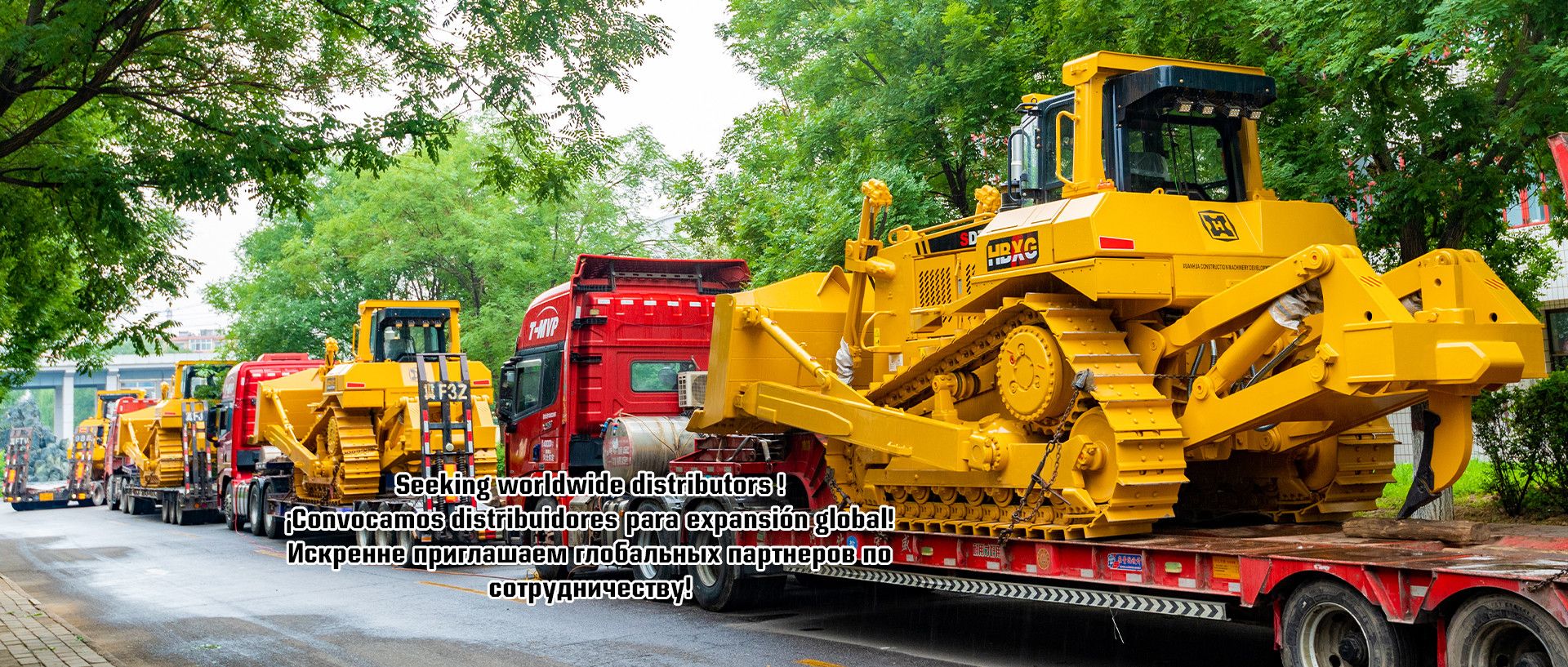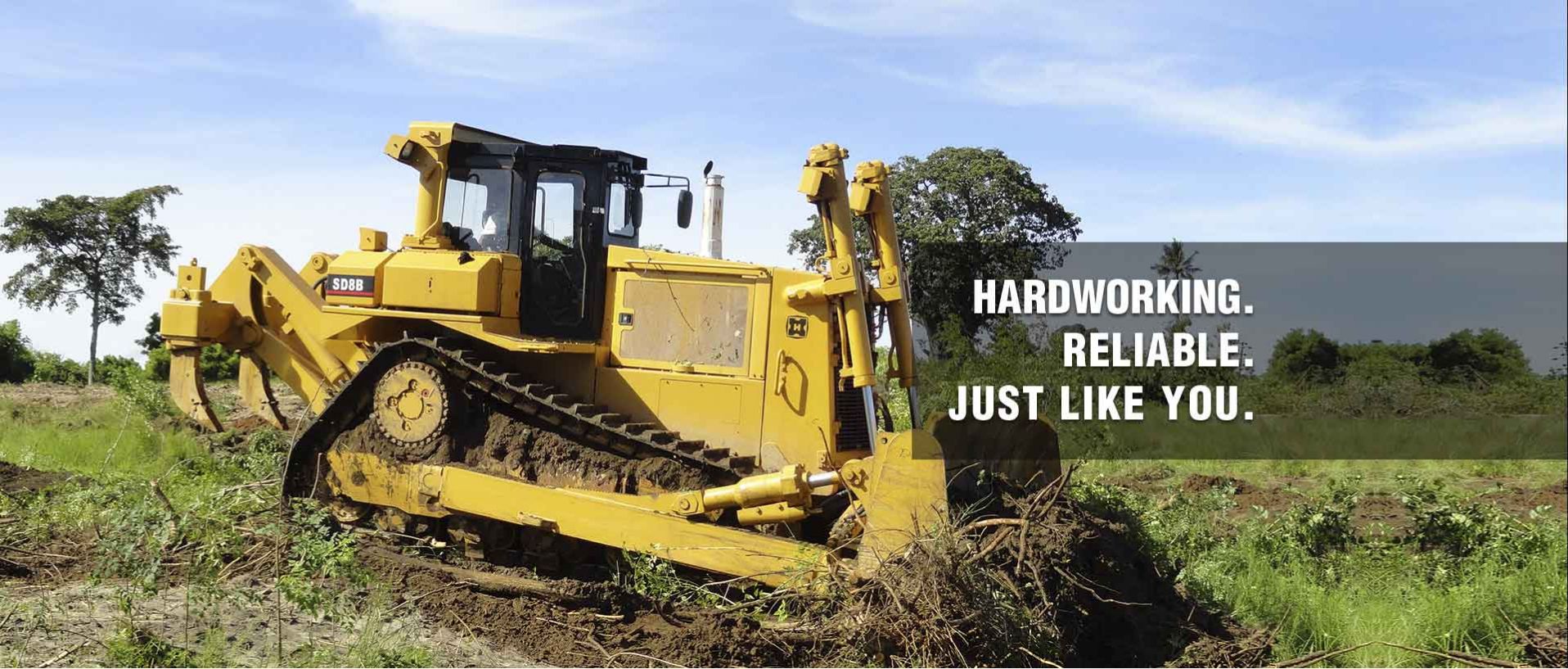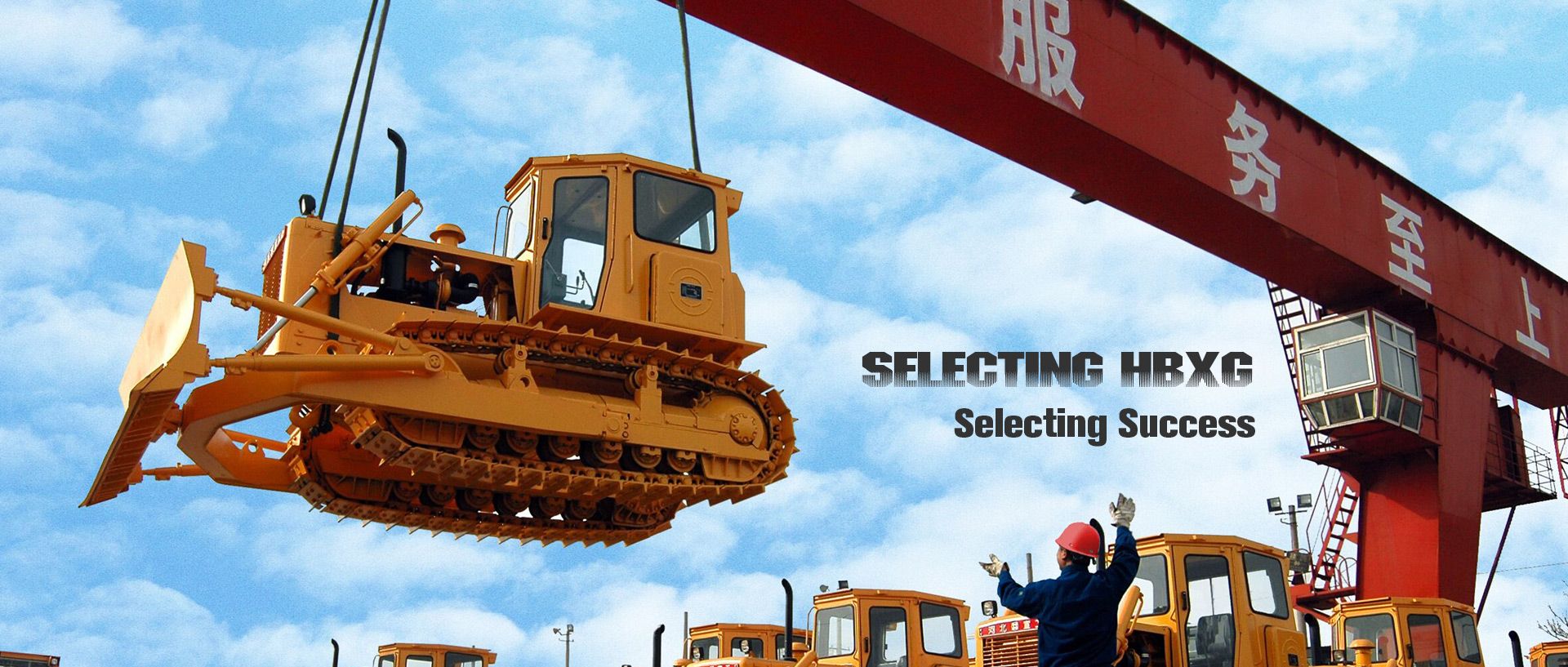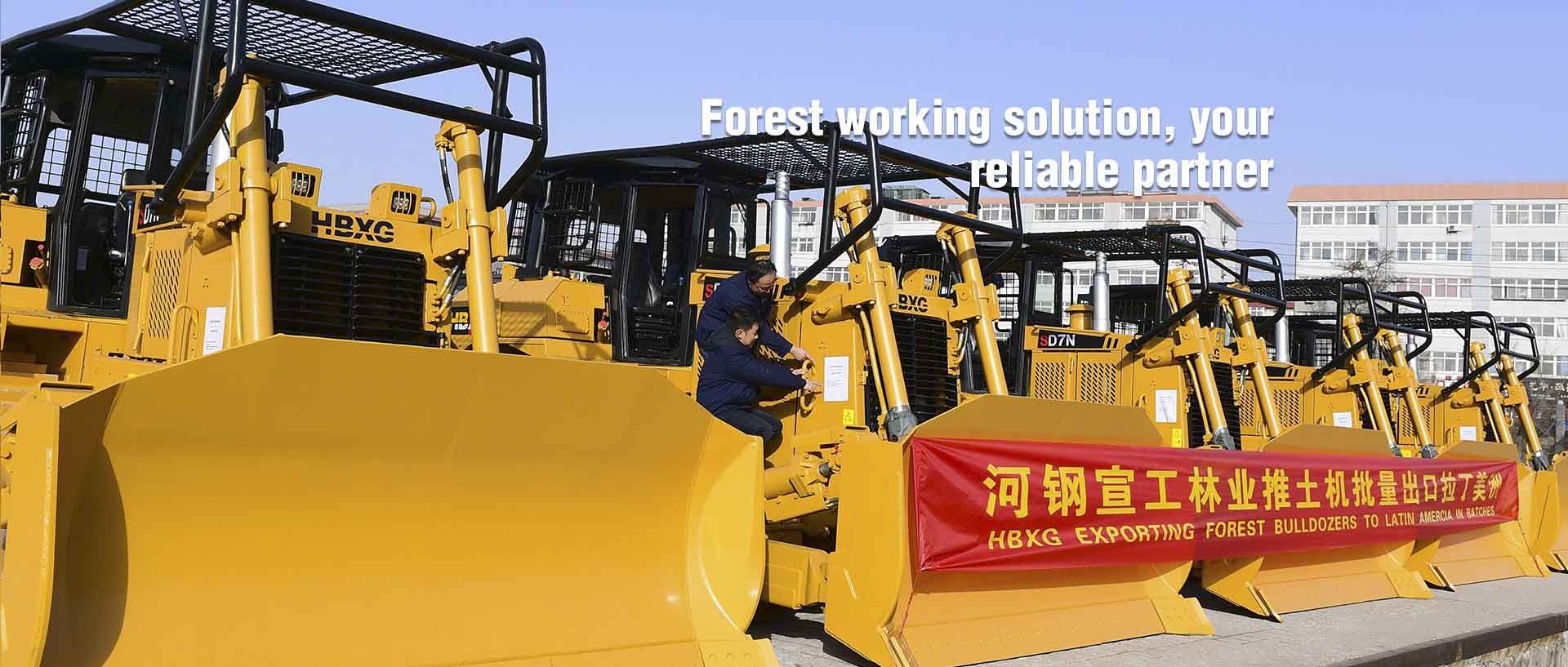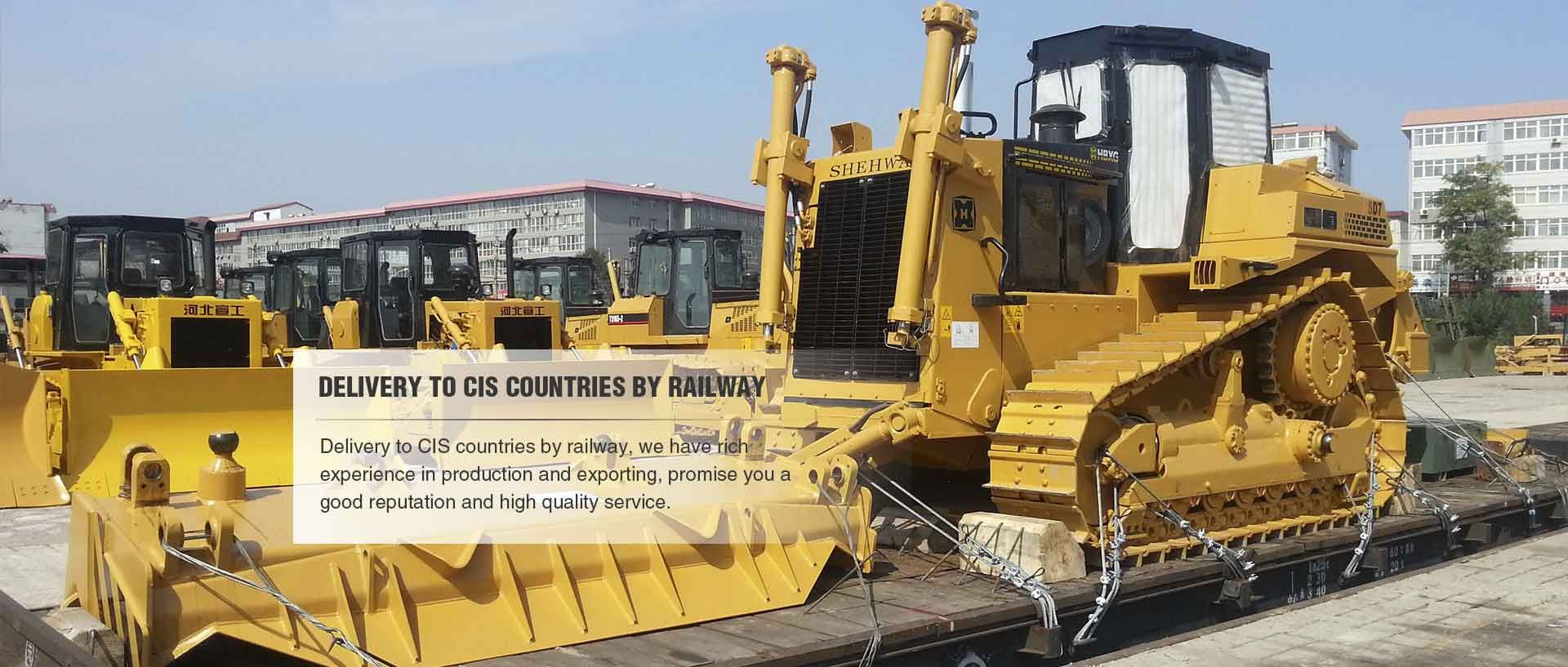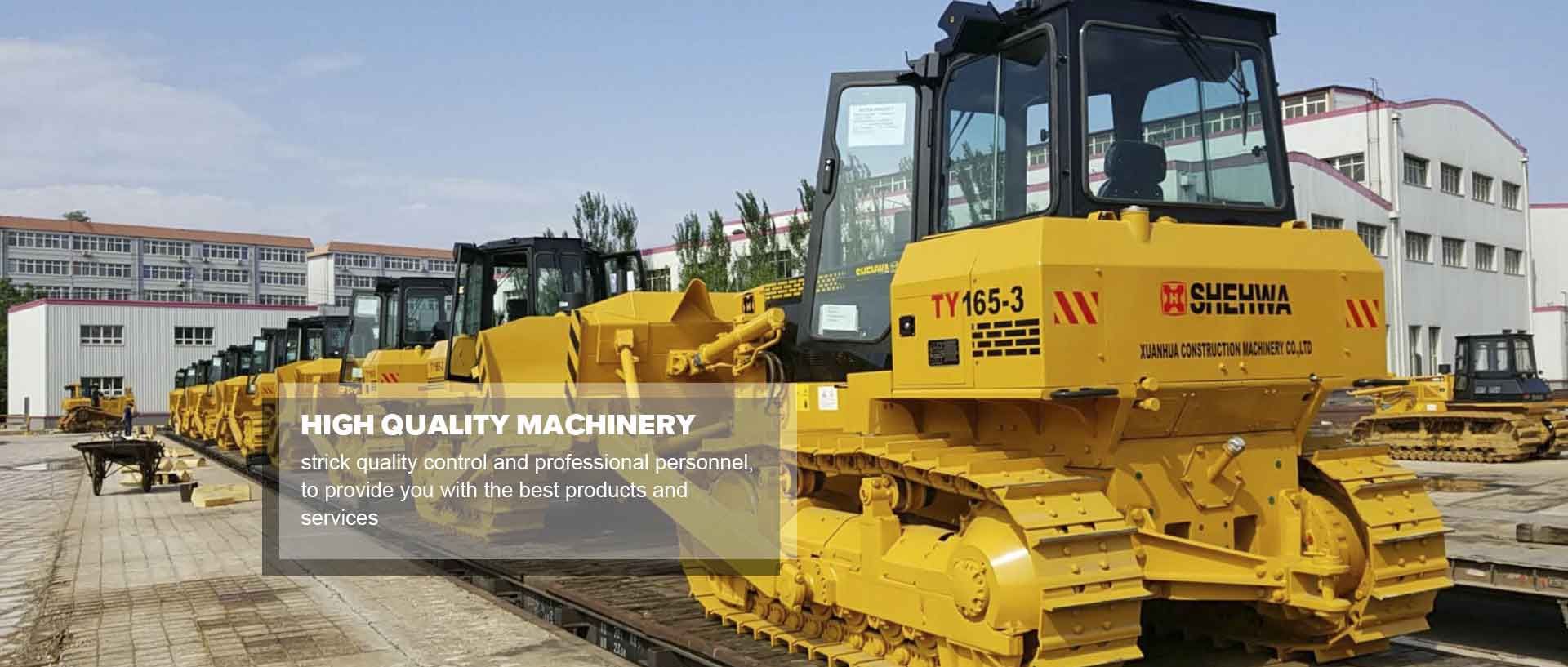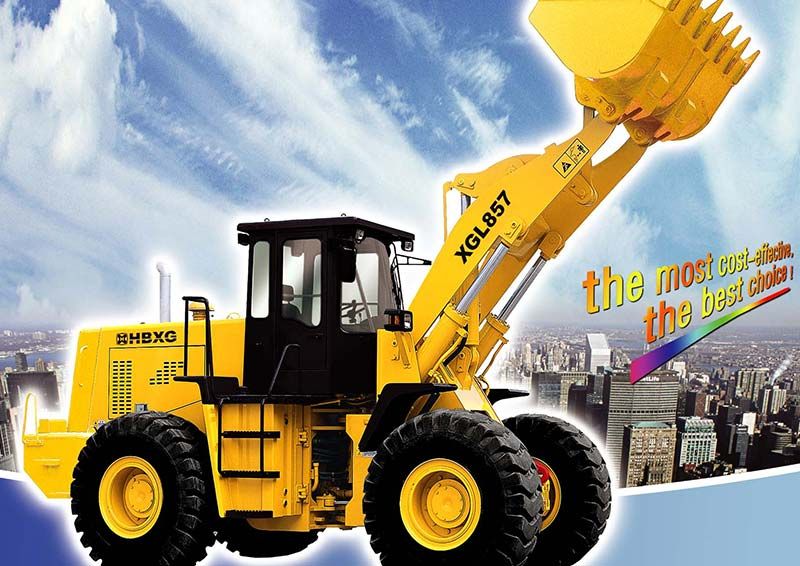Troubleshooting Wheel Loader Mistakes: Tips and Solutions
 Jan. 20, 2025
Jan. 20, 2025
Wheel loaders are powerful and versatile machines that are essential for construction, mining, and agricultural work. However, like any heavy equipment, they can encounter problems that can reduce performance, lead to costly repairs, and cause operational delays. Troubleshooting wheel loader issues quickly and effectively is crucial to ensure maximum uptime and productivity. In this guide, we will discuss common wheel loader mistakes, the reasons behind them, and provide expert tips and solutions to get your equipment back in action.
1. Common Wheel Loader Problems and Their Causes
Wheel loaders can experience a wide variety of issues, often caused by improper maintenance, operator errors, or equipment wear and tear. Understanding the root cause of a problem can help you fix it quickly and prevent further damage.
Engine Starting Problems
One of the most frustrating issues with wheel loaders is when the engine won’t start. This can be caused by several factors, including:
Battery Issues: A dead or weak battery is a common cause of starting problems. Always check the battery connections for corrosion and ensure the battery is fully charged.
Fuel System Problems: A clogged fuel filter or low fuel levels can prevent the engine from starting. Ensure the fuel tank is filled and the fuel filter is clean.
Ignition System Failures: Faulty spark plugs or ignition coils can prevent the engine from firing. Regularly inspect these components and replace them as needed.
Tip:
Before attempting to start the engine, always inspect the battery, fuel system, and ignition components. A systematic check can save you time and reduce the risk of engine damage.
2. Hydraulic System Failures
The hydraulic system is responsible for lifting, tilting, and operating various attachments on the wheel loader. If the hydraulic system is malfunctioning, it can affect the loader's ability to perform essential functions.
Low Hydraulic Pressure
Low hydraulic pressure can result from several causes, including:
Low Hydraulic Fluid: Always ensure that the hydraulic fluid level is within the recommended range. Low levels can lead to inadequate pressure and reduced lifting power.
Worn Hydraulic Pump: A worn or damaged hydraulic pump may fail to produce adequate pressure. Regular inspection and maintenance of the pump can prevent this issue.
Leaks in the Hydraulic System: Leaking hoses or fittings can cause a loss of pressure. Look for visible signs of fluid leakage around hydraulic components and replace damaged parts immediately.
Tip:
Perform regular checks on the hydraulic system to ensure fluid levels are correct, and inspect for any leaks. Timely replacement of worn components can prevent costly repairs down the road.
3. Transmission and Drivetrain Issues
The transmission and drivetrain system of a wheel loader is crucial for transferring power from the engine to the wheels. When this system fails, the loader may lose traction or have difficulty moving.
Slipping Transmission
If the loader’s transmission is slipping or has difficulty engaging gears, it may be due to:
Low Transmission Fluid: Check the fluid levels and refill as needed to ensure proper operation.
Clutch Problems: Worn-out clutch plates or faulty clutch systems can cause slipping. Regular inspection and clutch adjustment can help maintain optimal performance.
Dirty Transmission Filters: Dirty filters can restrict fluid flow and cause transmission issues. Replace filters as recommended by the manufacturer.
Tip:
To prevent slipping, ensure that transmission fluid is changed regularly and that filters are clean. Be mindful of how the loader is operated, as aggressive shifting can wear out the system more quickly.
4. Overheating Issues
Overheating is a common issue in wheel loaders, especially in hot weather or when operating under heavy loads. Overheating can cause damage to the engine, hydraulic system, and other vital components.
Causes of Overheating
Overheating can occur due to the following reasons:
Low Coolant Levels: Ensure the coolant level is sufficient and that the radiator is free of debris that can obstruct airflow.
Dirty Air Filters: Clogged air filters can reduce airflow to the engine, causing it to overheat. Regularly clean or replace air filters to maintain proper airflow.
Faulty Radiator: A damaged or clogged radiator may fail to cool the engine effectively. Inspect the radiator regularly for leaks and blockages.
Tip:
During the summer or when working in hot conditions, ensure the loader is not overworked, and regularly check the cooling system. Clean the radiator and check for any signs of wear to avoid overheating issues.
5. Tire and Wheel Problems
Proper tire maintenance is crucial for ensuring that the wheel loader has maximum stability and performance. Tire-related issues can severely impact the loader’s ability to operate efficiently.
Flat or Worn Tires
Flat or worn-out tires can cause traction issues, making it harder for the loader to move and perform tasks. Tires should be inspected regularly for:
Punctures: Look for any visible punctures or sharp objects stuck in the tires that may cause air loss.
Uneven Wear: Uneven tire wear may indicate improper inflation or alignment issues. Ensure that the tires are inflated to the manufacturer’s recommended pressure.
Tip:
Proper tire inflation is crucial for maintaining tire health. Regularly check tire pressure and inspect for damage. Proper wheel alignment can also prevent premature tire wear.
6. Electrical System Failures
Electrical system failures can affect the operation of key components such as the lights, alarms, and even the starter system. Troubleshooting electrical issues involves checking various components:
Dead Battery or Charging Problems
A common issue in the electrical system is a dead or undercharged battery. Check the following to prevent electrical failures:
Battery Terminals: Corroded battery terminals can lead to poor electrical connections. Clean the terminals regularly to ensure a solid connection.
Alternator Issues: If the alternator isn’t charging the battery properly, the loader may experience electrical failures. Have the alternator checked by a professional if necessary.
Tip:
Ensure that the battery is properly charged, terminals are clean, and the alternator is functioning as intended. Regular checks of the electrical system will prevent unexpected issues during operation.
Frequently Asked Questions (FAQs)
1. How do I know if my wheel loader’s engine is overheating?
Signs of engine overheating include the engine temperature gauge reading in the red zone, steam or smoke coming from the engine compartment, and reduced performance. Always check the coolant level, radiator, and air filters to ensure the cooling system is working properly.
2. Why is my wheel loader’s hydraulic system weak?
A weak hydraulic system can be caused by low hydraulic fluid levels, leaks in the hydraulic lines, or a worn hydraulic pump. Check the fluid level, inspect for leaks, and replace any damaged components as needed to restore hydraulic performance.
3. What should I do if my wheel loader’s tires are worn out?
If the tires are worn, replace them promptly to prevent performance issues. Ensure the replacement tires match the manufacturer’s specifications for size and tread pattern. Also, regularly check tire pressure and alignment to ensure even wear.
4. How can I prevent transmission slippage?
Transmission slippage can be prevented by maintaining the correct fluid levels, changing the fluid and filters as recommended, and ensuring that the clutch is in good working order. Avoid aggressive shifting, as it can damage the transmission.
5. How often should I perform maintenance on my wheel loader?
Wheel loader maintenance should be performed according to the manufacturer’s service intervals. Regular inspections and maintenance, including checking fluids, filters, and components, will keep your loader running smoothly and prevent costly repairs.
By following these troubleshooting tips and solutions, you can identify and fix common wheel loader issues before they cause major downtime or damage. Regular maintenance, proper care , and timely repairs will keep your wheel loader in optimal condition for years to come.
Related Post:















